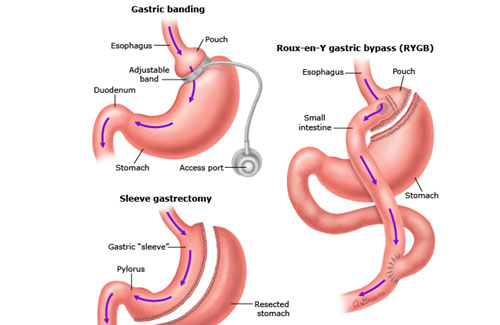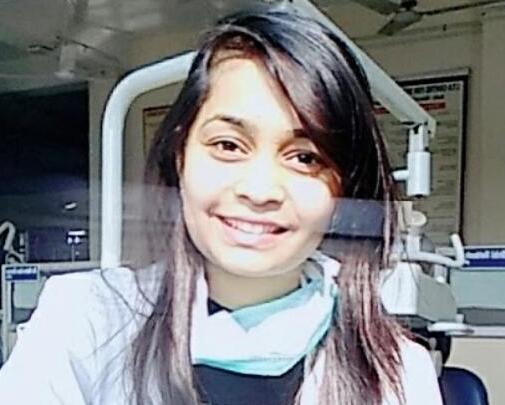Pregnancy can be a roller-coaster ride but the result is ecstatic. Women tend to get highly anxious during their pregnancy. Several questions are asked about safety-related issues in pregnancy post-bariatric surgery. This is because there might be some complications related to pregnancy. For example, around 10 % of women suffer from anemia after weight loss surgery. Are you thinking to conceive but concerned about the consequences of bariatric surgery that you have undergone already?
Weight loss surgery, also known as bariatric surgery is a procedure used to help in weight loss by making changes to the digestive system. For example, some form of surgeries cut out a portion of the stomach, which leads to less consumption of food and drinks at one time and makes the person feel full earlier. Other types of surgeries create changes in the small intestine, leading to lesser absorption of calories from food and beverages.
Get in Touch with Medical Experts
Different types of weight loss surgery are listed below:
-
Endoscopic sleeve gastroplasty
-
Gastric bypass
-
Sleeve gastrectomy
-
Intragastric balloon
-
Biliopancreatic diversion with duodenal switch

How does being obese or over-weight affects pregnancy?
Pregnant women who are obese or overweight, and have a BMI of more than 25 generally have a tendency for high-risk pregnancy. The risks usually include,
-
Thrombosis (formation of blood clots)
-
Hypertension
-
Preeclampsia
*preeclampsia involves multiple symptoms such as raised blood pressure (more than 140/90), excess protein in the urine, kidney-related issues.
-
Gestational diabetes
-
Heavy bleeding after birth
-
Premature birth
-
Longer labor period
-
Risk of miscarriage
-
Sleep apnea
-
Stillbirth
-
High birth weight of the baby
-
Risk of obesity and diabetes to the baby in later stages.
How much time after the weight-loss surgery, should one conceive?
Obesity-related risks in pregnancy are highly reduced after having bariatric surgery. Some of the top gynecologists in India usually recommend a gap of 12-18 months after the surgery to get pregnant in order to wait for the weight to stabilize. This is because rapid and continuous weight loss may lead to a deficiency of important nutrients required for the baby to grow. Moreover, when you plan a pregnancy, you must consult your physician so that he/she is able to meet the nutritional needs during pregnancy.
A few things to keep in mind during pregnancy after the weight loss surgery
-
Regular health checkups at short intervals
-
Active gastric band management
-
A good diet as advised by a dietician.
-
Food intake at regular intervals
Is it safe to have a pregnancy after bariatric surgery?
Yes. This is because women with high levels of BMI have more tendency to have complications like gestational diabetes, high blood pressure. Weight loss helps in reducing the chances of these risks. In fact, studies have shown that there is a positive effect at the hormonal level. Bariatric surgery causes a decrease in the levels of estrogen and testosterone and increases in the level of FSH, LH, and SHBG. Several patients have reported correction in irregular menstrual cycles, regular ovulation and also spontaneous conception. People having gonadal dysfunction before the surgery was also corrected by weight loss. Moreover, 96% of women had a reduction in signs of hyperandrogenemia and amelioration of menstrual anomalies after the surgery.






































